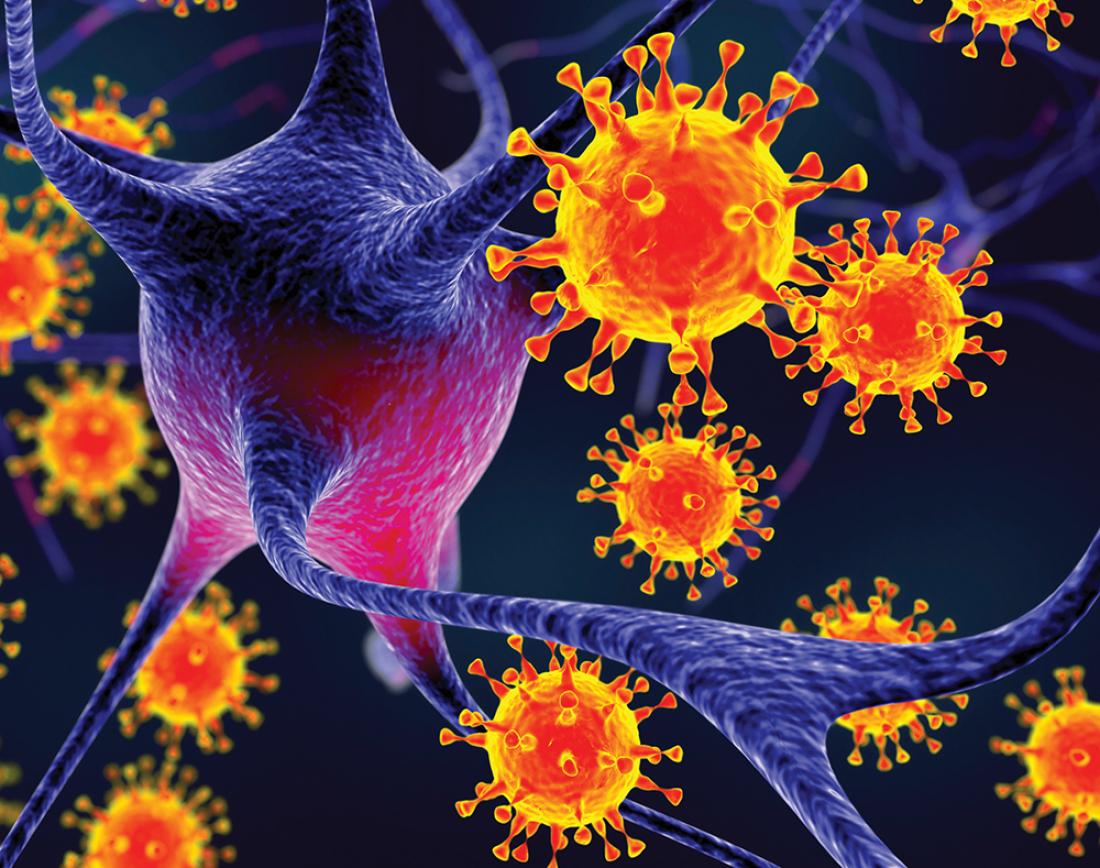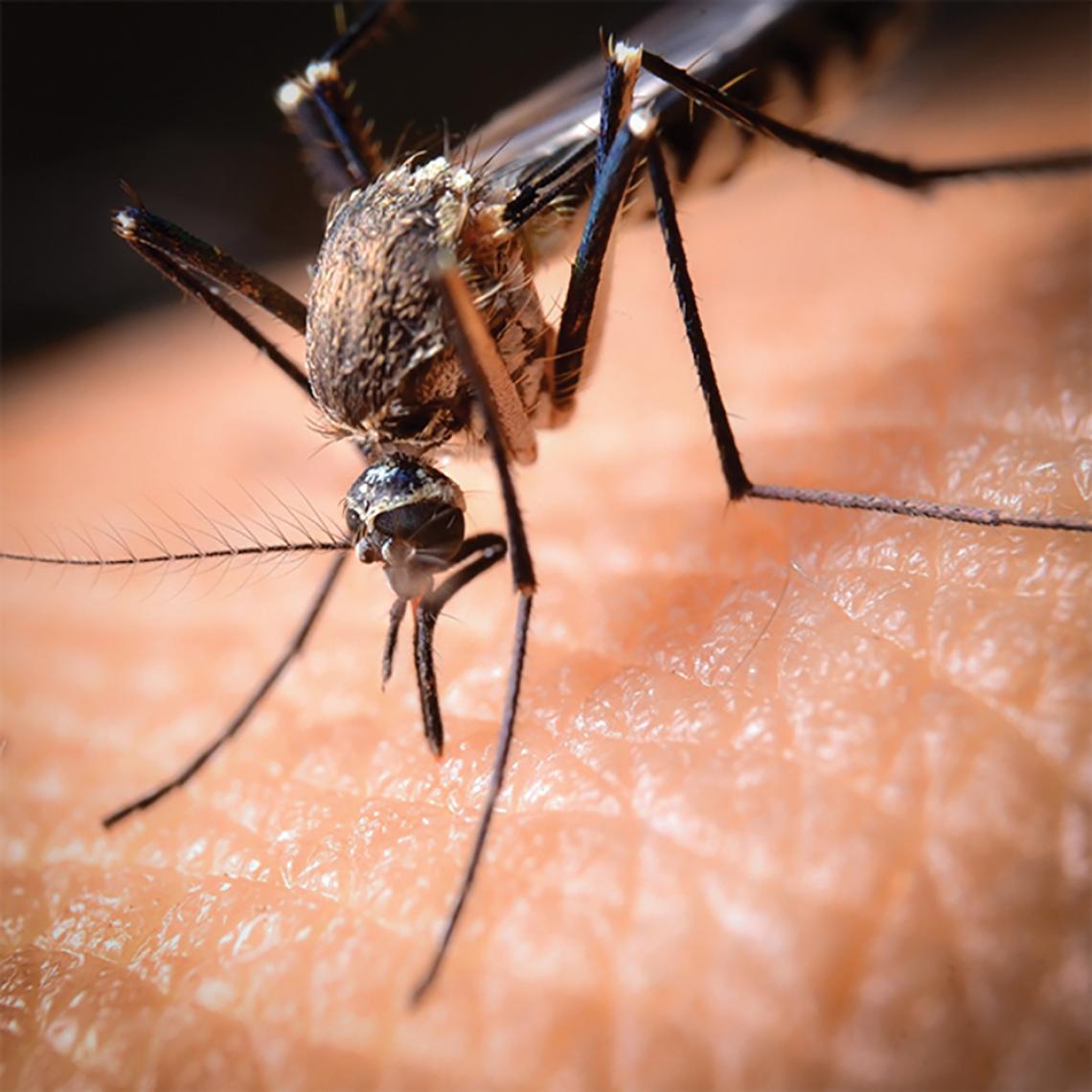The team’s findings could contribute to improvements in the management of the disease, which currently has no treatment.
Featured in Asia Research News 2020 Magazine
Investigators have identified the specific genes that become overactive as a result of nerve cell infection with Japanese encephalitis virus. The genes activate cell receptors and signalling proteins that attract immune cells to the brain. The finding suggests that nerve cells may play a significant immune role against the virus, but may also be involved in exacerbating the brain inflammation that is characteristic of the infection.
Japanese encephalitis virus (JEV) is transmitted by the Culex species of mosquitoes throughout Asia and the Western Pacific, most often in rice farming regions. Most people infected show no or mild symptoms, but a small percentage develop dangerous brain inflammation, called encephalitis. About one in four cases are fatal, according to the U.S. Centers for Disease Control and Prevention.
Cells normally respond to viral invasion by activating genes to get rid of the infection. However, little is known about the genes that are activated when neurons are infected with JEV.
“Understanding the neuronal responses to JEV infection will shed light on the interactions between the host cells and the virus,” says David Perera, a molecular biologist at the Universiti Malaysia Sarawak.
Using microarray technology, Perera, University of Malaya pathologist Wong Kum Thong, and their colleagues investigated gene expression in early and late stage JEV-infected human neuronal tumour cells.
Infected neurons showed significant changes in gene expression. Genes involved in antimicrobial responses, and cell signalling, function, maintenance, survival, and death were overexpressed in infected cells. The genes with the largest increase in expression turn on specialized pathogen-recognizing cell receptors. These receptors initiate the activation and attraction of immune T cells. The genes also code for signalling proteins that regulate the T cell migration into infected neurons. A problem is that so many T cells and other protective immune cells can migrate into the neurons that severe brain inflammation ensues.
The team’s findings could contribute to improvements in the management of the disease, which currently has no treatment.
“We are hopeful that the understanding of the immune responses of infected neurons will open the door to more effective treatments,” says Perera.
Did you know?
The mosquito is the deadliest animal in the world. Mosquito-transmitted diseases account for approximately 830,000 deaths annually, far more than the second deadliest animal: humans.
Further information
Professor David Perera | E-mail: [email protected]
Institute of Health and Community Medicine
Universiti Malaysia Sarawak
Read this story in the Asia Research News 2020 magazine.
The many ways we can tell your research story. Find out more from our Content services page.




